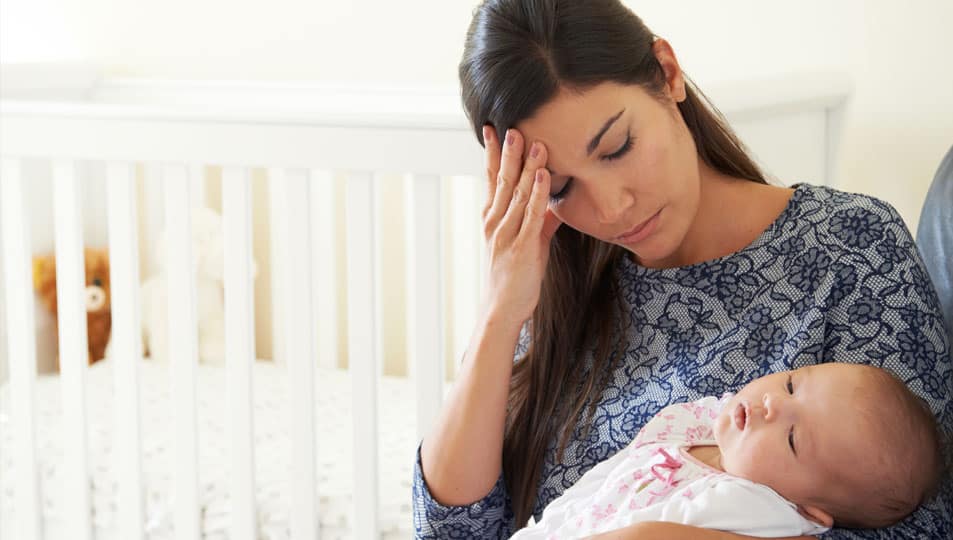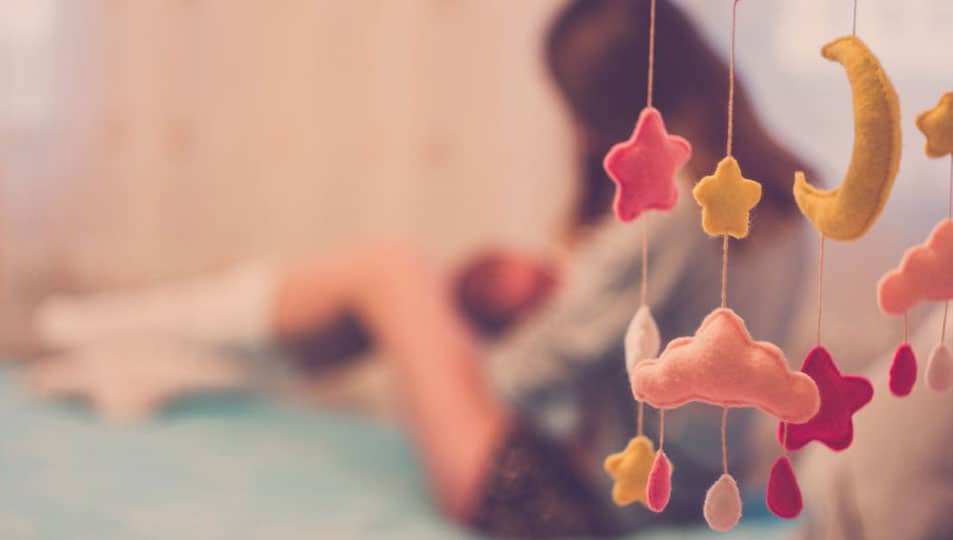Postnatal Depression is a very common mental illness that affects around one in six women within the first year of having a baby.
Even though it is very common it can also easily go undiagnosed, with only 25% of all cases believed to be professionally diagnosed and treated by a medical or mental health expert.
This is thought to be due to the fact that after the birth of a child there are many changes to a mother’s life, so postnatal depression can easily arise without people having the time or awareness to realise what is actually going on.
Another reason postnatal depression is commonly undiagnosed is that it can be confused with the “Baby Blues”. The Baby Blues is an even more common condition that affects a large number of women within three to four days of giving birth, yet is only very short lived (generally 3 to six days).
The Baby Blues can cause new mothers to feel sad and even suddenly burst into tears for no apparent reason. Many doctors believe this is due to the rapid change in hormone levels after giving birth, but these fluctuating hormones and therefore emotions will generally settle within a week.
Postnatal Depression on the other hand is much more serious and persistent and can affect mothers from the first weeks or months a baby is born and last for 12 months or longer.
What Causes Postnatal Depression
There is much evidence to suggest that postnatal depression is more likely when there are a number of contributing factors. These can include:
- Hormonal
- Social
- Emotional, and
- Psychological factors
It is believed that the likelihood of suffering from postnatal depression is much greater than if you were suffering depression or another mood disorder whilst pregnant, or at earlier stages in your life. A previous family history of depression or mental illness has also been linked to higher rates of postnatal depression.
If you or your family has had a history of mental illness then you, your family will need to be more vigilant in looking for the signs and symptoms of postnatal depression after giving birth.
But these are just some of the common contributing factors. There are many other causes of postnatal depression.
Your Birthing Experience
If there were any complications during labour or giving birth this can trigger postnatal depression. This can include:
- Having a traumatic or extremely painful birthing experience
- Your baby was born prematurely
- You have experienced physical health complications due to the birth of your child
- You baby is experiencing health problems
Adjusting To Physical Motherhood Changes
After giving birth you experience a lot of changes, especially in hormone levels after your body is no longer pregnant and is now producing breast milk. Some triggers around adjusting to motherhood may be increased if:
- You are having difficulty breastfeeding
- Your body has changed and you are not coping with the changes
- You are not adjusting to the demands of your baby such as breastfeeding and the irregular sleeping patterns as easily as you’d hoped
Adjusting To Psychological Motherhood Changes
This is one area that many women can be unprepared for. A new baby will most likely change the dynamic of many of your relationships and change the way you see and think about yourself. Some of the issues arising from this that can cause postnatal depression are.
- Frustration at the inability to perform simple task such as housework
- Worries about money due to your inability to work and supporting a new baby
- Relationship strain between you and your partner
- Stress around living arrangements
- Feeling isolated, unable to socialise and spend time with adult company
- Feeling unsupported by your partner, family and friends
- Feeling unprepared or unable to live up to others expectations of being a perfect mothers
As you can see there are many different factors that can cause the onset of postnatal depression. Being educated and knowing the signs to look out for can help you recognise if you are affected.
The most important thing to seek the help of a mental health professional as soon as you notice depressed, sad feelings lasting more than a week or two. Clinics such as Blissiree Pty Ltd are experts in helping women deal with and overcome postnatal depression and can help you enjoy the experience of being a new mother with the worries and feeling of PND



